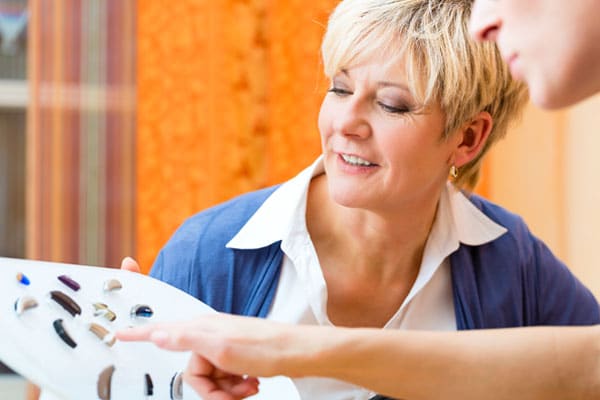Florida’s year-round humidity and frequent rainstorms can take a toll on delicate electronics and this includes your hearing aids. If you live in Ocala, it’s important to adopt a regular maintenance routine tailored to hot and humid conditions.
Proper care not only improves device performance but also extends the lifespan of the devices. Nearly 28.8 million Americans could benefit from using hearing aids. For those who take advantage of the devices, proper care is essential for ensuring their functionality.
Here’s your go-to checklist to keep your hearing aids working their best in Ocala’s damp environment:
Daily Maintenance Tips

In high humidity, moisture can easily build up inside your hearing aids. Follow these steps every day to minimize the risk:
- Wipe your hearing aids with a soft, dry cloth each night.
- Open the battery compartment to let moisture escape.
- Use a hearing aid dehumidifier overnight to remove excess moisture.
- Avoid storing hearing aids in the bathroom or other damp areas.
- Invest in a hearing aid dryer.
Care Routines
Even with daily cleaning, it’s good to do a more thorough check each week to ensure nothing gets overlooked.
- Clean ear molds and tubing using tools provided by your hearing specialist.
- Check microphone ports and receivers for blockages.
- Replace wax guards if they’re clogged.
- Inspect for any visible corrosion or buildup around battery contacts.
Once a month, assess the overall condition of your devices and replace any worn components.
- Replace tubing (for behind-the-ear models) if it has become stiff or discolored.
- Reassess the fit of ear molds; warmth may cause swelling that alters fit.
- Replace batteries or recharge as recommended.
- Test Bluetooth® or wireless connections to ensure everything syncs properly.
Special Considerations for Florida Weather
Ocala’s frequent rain showers and subtropical climate demand extra vigilance. These precautions will help protect your hearing aids:
- Always carry a small waterproof pouch or storage case during outdoor activities.
- Remove hearing aids before entering saunas, pools or during beach outings to Hampton Beach.
- Keep backup batteries in a dry container to prevent premature discharge.
- Use an umbrella or hat to shield devices during sudden rain.
When to Contact Your Hearing Specialist
Despite your best efforts, issues can still arise. Contact your hearing specialist if you notice any of the following with your hearing aids:
- Sound distortion, static or reduced volume
- Moisture trapped inside the casing
- Persistent battery drainage
- Physical damage from heat exposure or humidity
By following this maintenance checklist, you’ll be better prepared to face the heat, humidity and occasional thunderstorm while keeping your hearing crystal clear.
To learn more about hearing aids or to schedule a hearing test, contact Beneficial Hearing Aid Center today.
